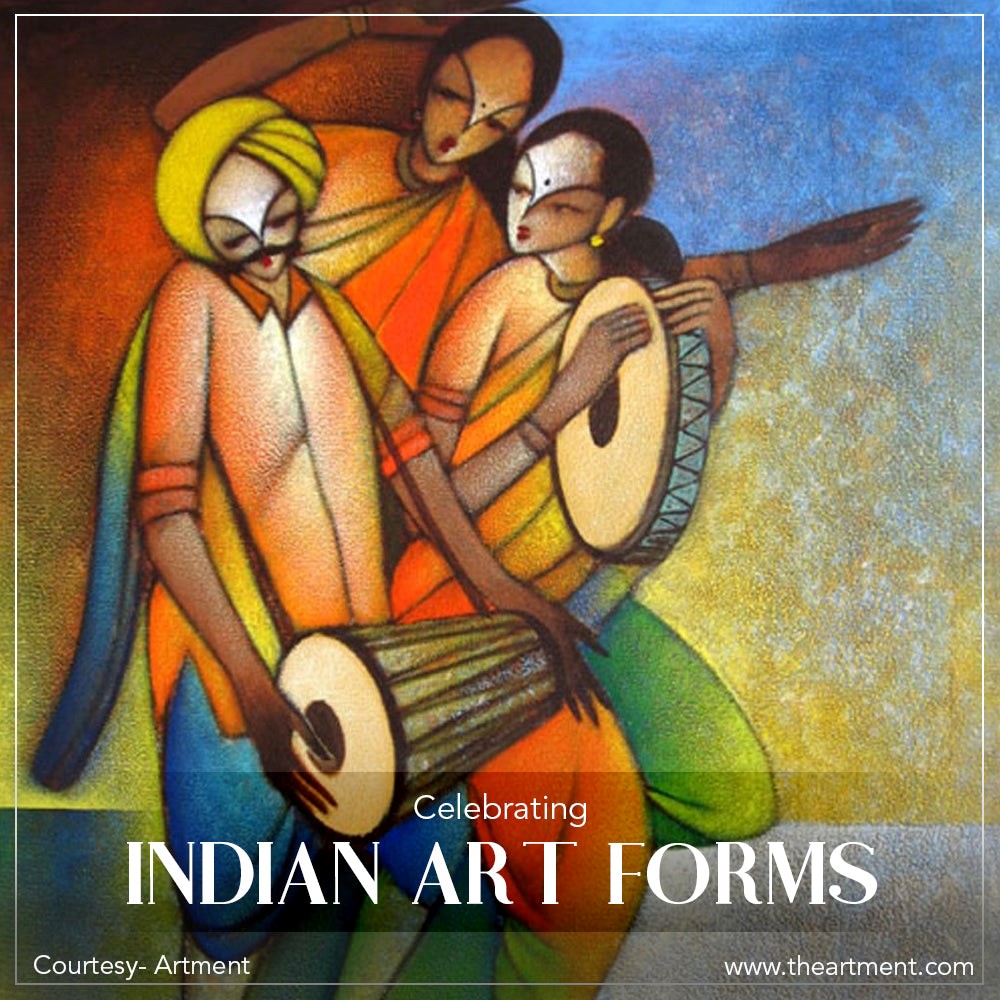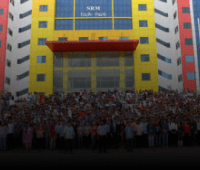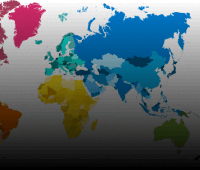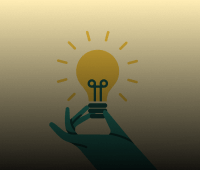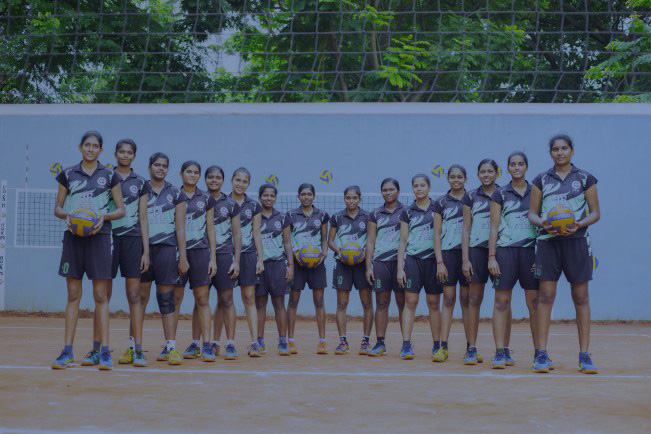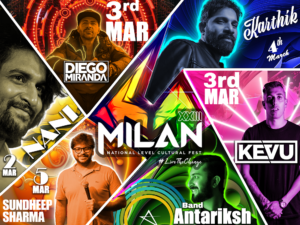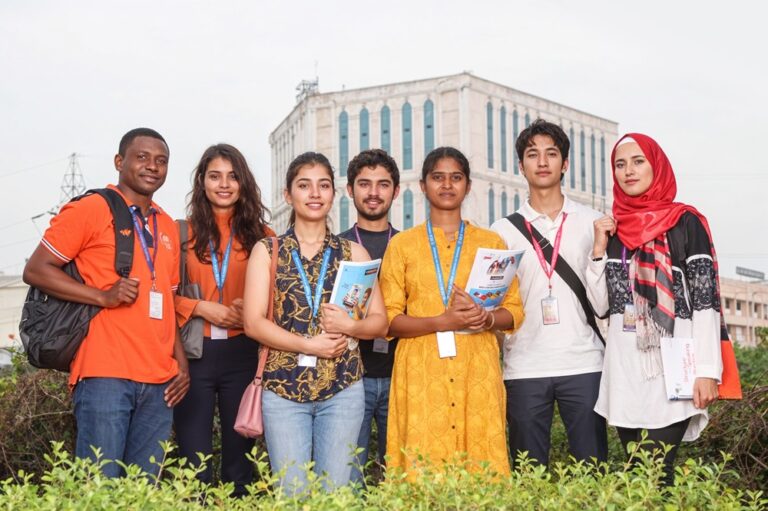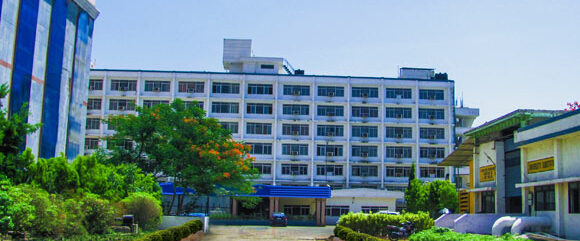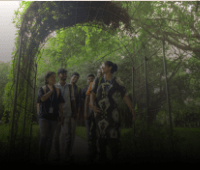Communicative English
The Department of English & Foreign Languages offers Communicative English to I year B.Tech and I year M.Tech (Integrated) students. The course provides an understanding of the importance of communication in personal and professional contexts; enables the students to use English efficiently for accessing scientific and technical knowledge; makes them understand the importance of acceptable online behaviors; improves their employability-related communication skills; and equips them with the appropriate business vocabulary.
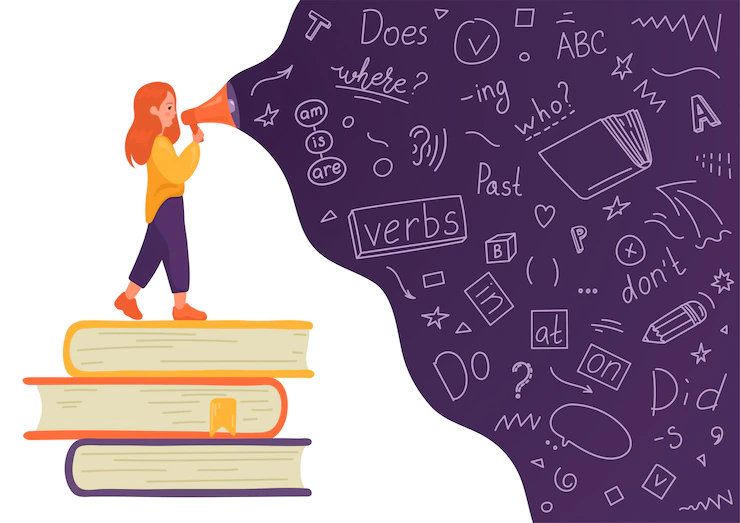

Professional Ethics
The Department of English & Foreign Languages offers Professional Ethics to II year B.Tech and II year M.Tech (Integrated) students. Learning professional ethics equips engineering students with the necessary tools to make responsible, sustainable, and ethical decisions in their professional lives. It helps them become well-rounded and socially conscious engineers who contribute positively to society while upholding the highest standards of integrity and professionalism.
COI (Constitution of India)
The Department of English & Foreign Languages offers Constitution of India to I year B.Tech and I year M.Tech (Integrated) students. This course helps the students to understand the basics of the Constitution of India – meaning, nature, fundamental rights and duties; explain the parliamentary system of the government and the relationship between the governments; create awareness in learners about the kinds of local administrations and Political Dynamics.

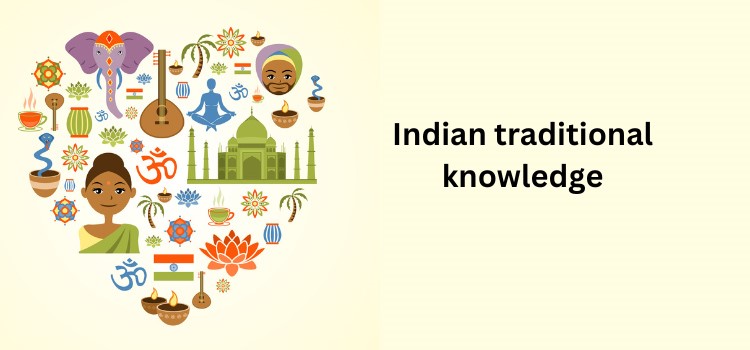
Indian Traditional Knowledge
Traditional Indian knowledge is anchored on agriculture, mathematics, medicine, engineering, and culture and passed down through generations. Location and climate shaped early agricultural practices, which were community-based and environmentally benign. Great astronomers and mathematicians in ancient India comprehended time, space, and the universe. Indian medicine is holistic, embracing individual constitutions and natural factors, like Ayurveda, Siddha, and Naturopathy. Engineering and technology are evident in ancient Indian architecture, metallurgy, and water management. Regional myths, beliefs, and cultural practices are firmly ingrained in Indian customs, sayings, and life truths, articulated through idioms and proverbs about seasons, festivals, hygiene, and daily life.
The syllabus explores Indian traditional knowledge, from agricultural practises to architectural marvels, from mathematical prowess to medicinal wisdom, reflecting India’s deep respect for nature and the universe through group discussions, quizzes, presentations, and case studies.
Indian Art Form
Indian art has developed over time due to cultural, religious, and regional influences. Indian art spans many genres and materials, from cave paintings to modern masterpieces. Pottery paintings and exquisite sculptures reveal Indus Valley and Harappan civilizations. In the Ajanta and Ellora cave paintings, Indian artisans depict Hindu epics and Buddhist storylines with great skill. Traditional floor decorations like Kolam in South India and Alpona in Bengal combine art with daily living and holidays. Traditional Madhubani and Tanjore art depict regional and religious themes.
The Mughal period produced magnificent miniature paintings, while the British colonial period blended European and Indian traditions. The Progressive Artists’ Group pioneered Indian art experimentation after independence.
